UEFA expanded its ongoing ‘Together #WePlayStrong’ initiative on International Women’s Day with a TV advert which highlights the long-term, everyday life positive benefits to young girls who play football.
Launched across UEFA’s digital and social channels and running on TV around UEFA Champions League games from 8 March, ‘Football Skills For Life’ demonstrates how playing football nurtures and supports wider life skills – including communication, confidence, leadership and resilience – which help to set women and girls up for success on and off the pitch throughout their lives.
The creative portrays a world where women are equal and confident leaders in traditionally male-dominated careers and reinforces the main theme for 2022 International Women’s Day – ‘Time To Break The Bias’.
Created by agency Frame, produced through HunkyDory and helmed by BAFTA award-winning and Emmy nominated Director Sam Miller, the spot takes a storytelling approach through a series of self-assured young girls dressed for football in adult environments in scenes that culminate in a triumphant finale.
Have you seen the new @WePlayStrong_ ad, which aired on TV last night?
It shows us that football gives you skills that last a lifetime!#WePlayStrong #IWD2022 pic.twitter.com/UmlEvl8vWm
— UEFA (@UEFA) March 9, 2022
The campaign was created for client UEFA by a team at agency Frame which was led by Creative Callum Robertson with production handled by Mallinson Television Productions, the director was Sam Miller with Executive Producer Maeve McMahon, Line Producer Marcy Paterson, DOP Adam Gillham, Art Director Imogen Toner, Editor Jack Lang, plus Sound Designer Tom Povey of Arteus Glasgow and Colourist Tom Cairns also of Arteus Glasgow/
Part of UEFA’s umbrella ‘Time for Action’ strategy, ‘Football Skills For Life’ and other linked initiatives see UEFA aim to persuade more parents will choose football as a sporting pathway for their daughters.
The campaign is informed by a recent report on the physical and mental health benefits of participating in football by Ernst & Young and espnW which found that playing sport helps girls be more confident and perform better in school, earning greater social and economic mobility, especially those from a minority group background.
This is backed by UEFA’s own research which found that young women who play football report higher levels of confidence, self-esteem, well-being and motivation than girls who play no sports at all.
This study found that 94% of women in executive level positions report had played sports and 74% said a background in sports can accelerate a woman’s career – noting that former athletes tend to see projects through to completion, motivate others and build strong teams.
Comment
Originally launched back in 2017, UEFA ongoing ‘Together #WePlayStrong’ initiative seeks to boost girls’ participation rates in football across Europe and the project specifically aims to increase participation levels among 13-to-17-year-old girls through shifting the public perception of women’s football.
UEFA’s ‘Together #WePlayStrong’ works to change the misconception that football is commonly seen as a male game by not only inspiring young girls to get involved but also encouraging parents to introduce their daughters to football.
In 2017, another UEFA report showed that it is immediate family members who are the most influential reason why young girls become involved in football, but that fathers who are football fans don’t introduce their daughters to playing in the same numbers or at the same stages as they do their sons, while mothers often don’t choose football as an extra-curricular activity for young daughters.
UEFA will further build on the strategy during this summer’s Women’s Euro 2022 tournament in England which it believes will attract a new audience of girls and women with little or no previous experience of watching or playing football.
















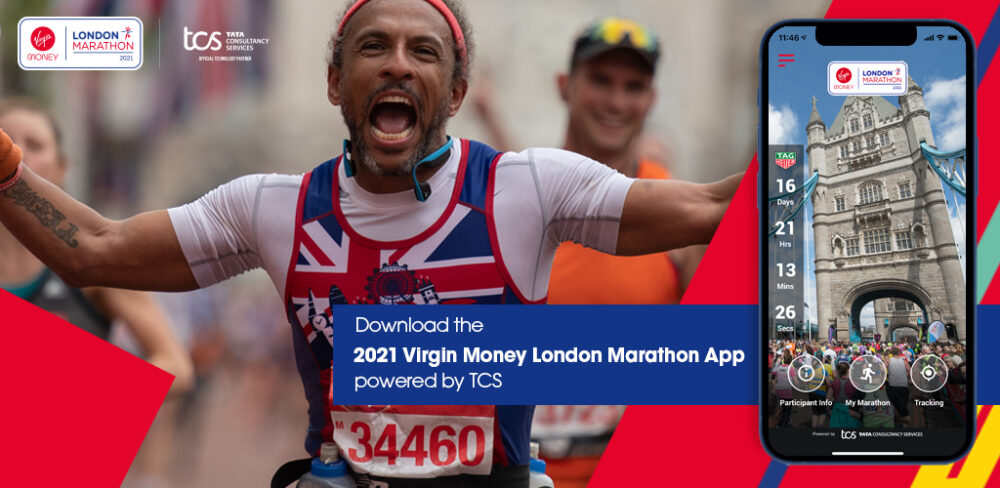

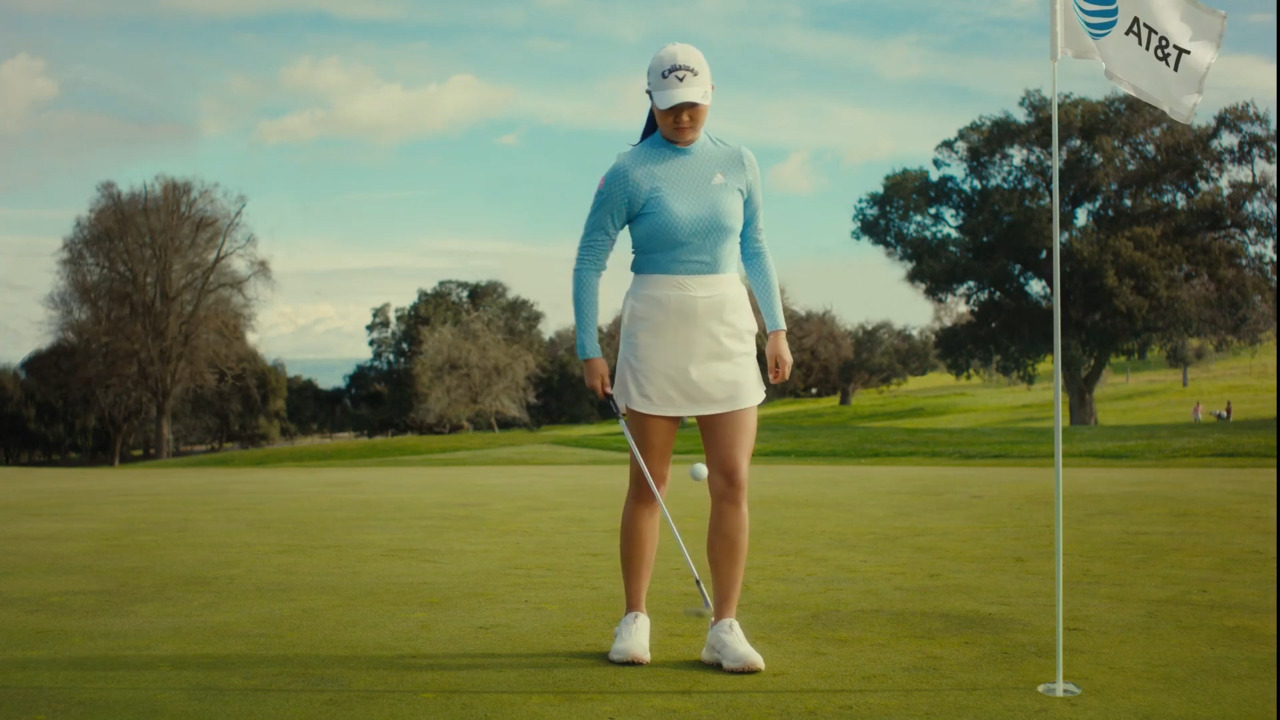


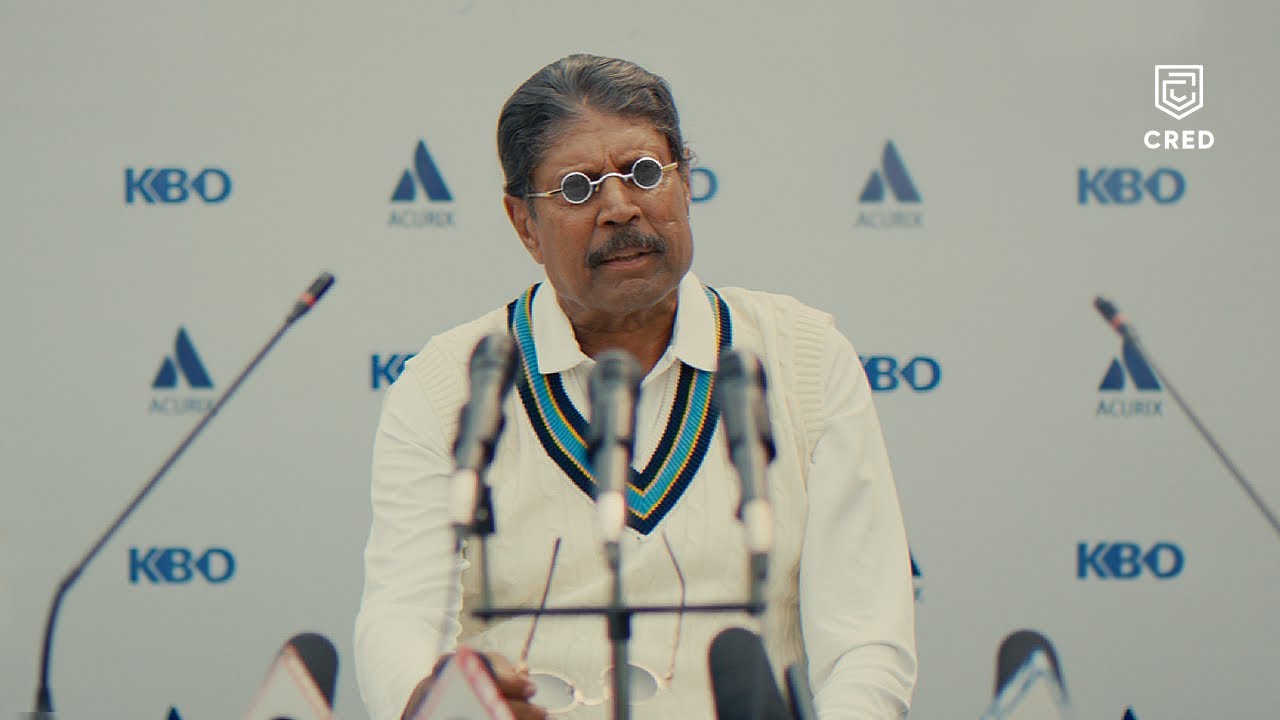
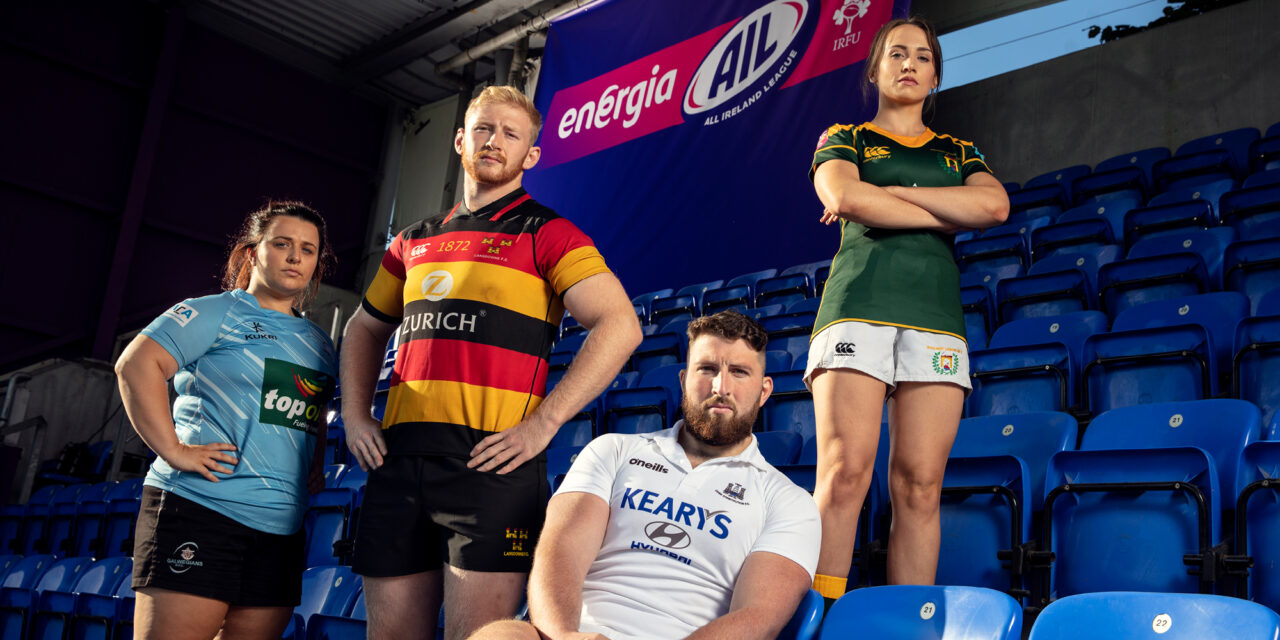


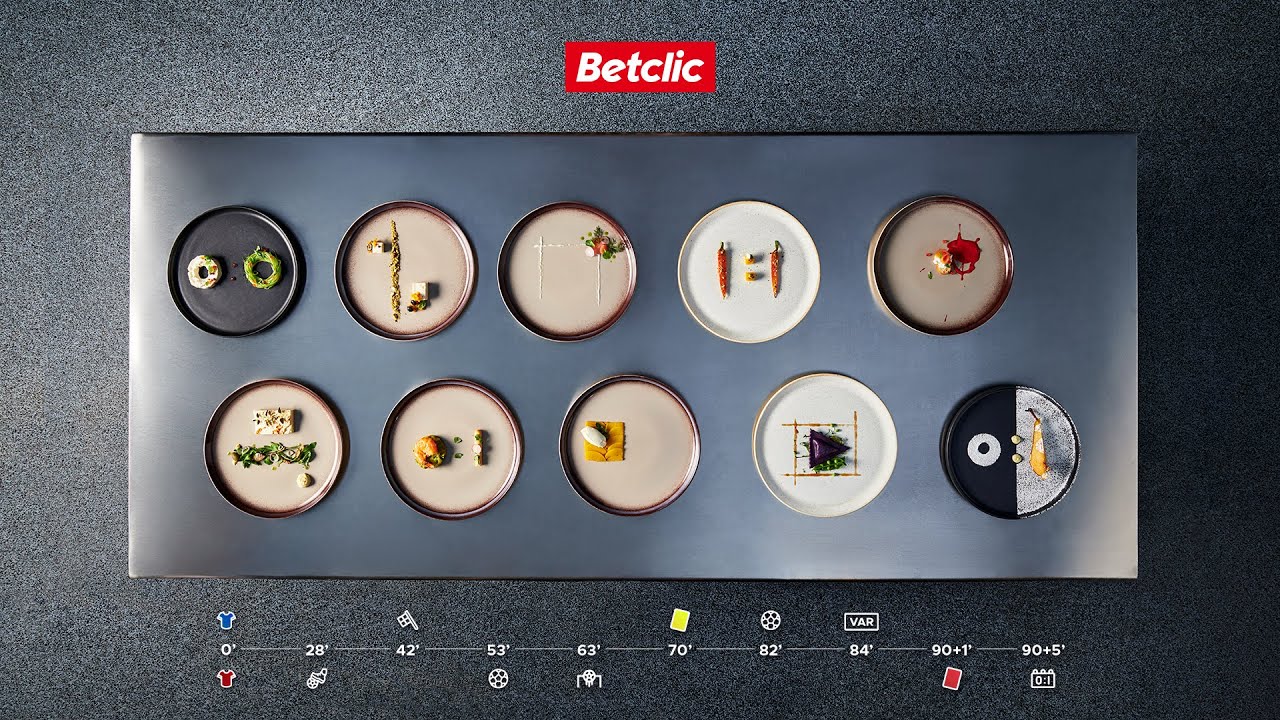









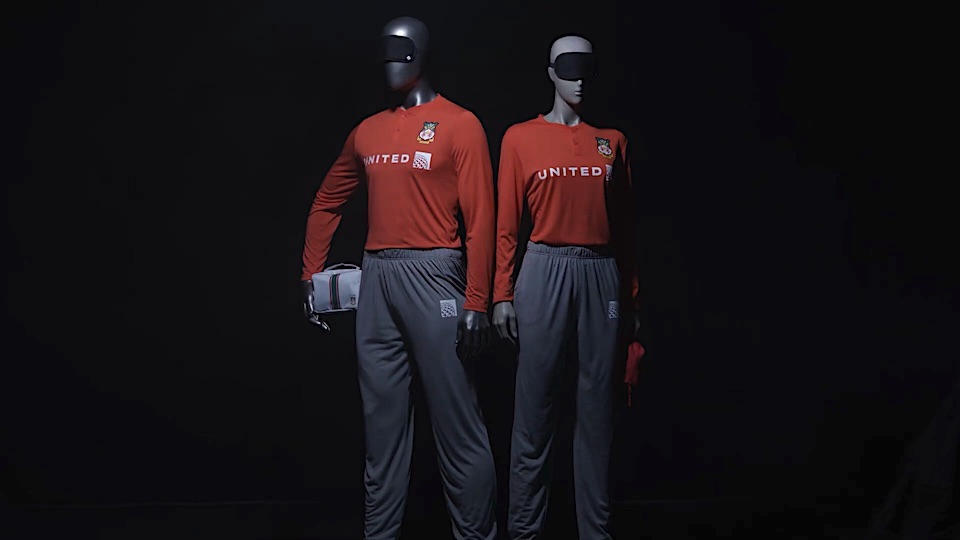


Leave a comment
You must be logged in to post a comment.